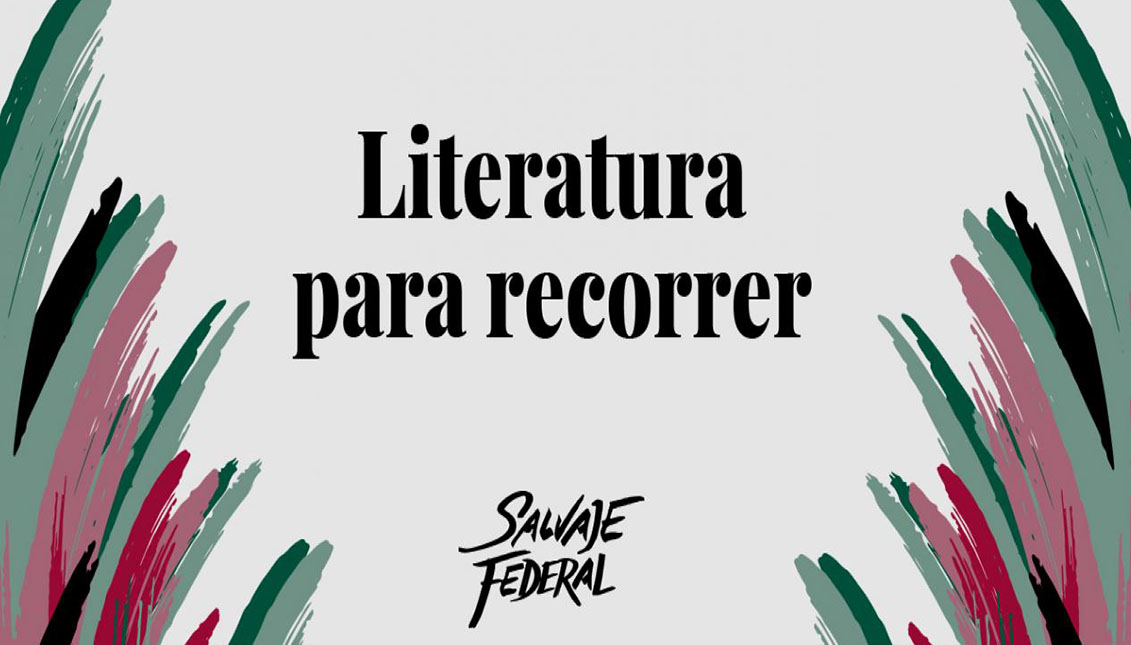
Federal literature, an Argentine bookstore to shorten physical and cultural gaps with readers
A virtual bookstore devoted to books written by authors from the provinces for readers from those provinces has changed the meaning of the word "global."
Globalization has produced a paradoxical phenomenon: while, on the one hand, it seems to democratize the culture by giving everyone access to products that would otherwise be unthinkable and makes any hint of difference or small nuance that exists in a territory or community disappear.
That includes its literary richness.
According to a recent New York Times article, the publishing industry is still mostly white. Although, in its Culture and Book Criticism section, Black and Latinx perspectives are still conspicuous by their absence.
This global phenomenon follows the book chain, and reaches bookstores, despite that there are small galleries of knowledge that, even with the economic difficulties, have decided to act as curators of literature that rarely appears in the Bestsellers section.
These are books by Caribbean authors, novels written by Latinx minds, and anthologies of Chicano history.
In Argentina, where the same global phenomenon occurs and causes outsiders to view the whole country as a perfect copy of Buenos Aires, a group of writers decided to give a new meaning to the word "globalization."
Salvaje Federal is a new online bookstore designed to build bridges between the capital and the country's provinces, and bring books written by authors from Corrientes to readers in Salta or La Pampa, and vice versa.
RELATED CONTENT
Among its virtual shelves, organized by regions, you can read: "Fluvial literature" (from Santa Fe, Entre Ríos, Misiones and Corrientes), "Andean literature" (from Jujuy, La Rioja, Catamarca, Mendoza and San Juan), or "Patagonian literature" (from Río Negro, Neuquén, Chubut, Santa Cruz and Tierra del Fuego).
"We know that much of that literature is not known and that the bookstore must also function as a promoter of that literature. From social media we plan to do a series of activities: recommend books of the month, live interviews with authors, so that the authors can connect with the readers not only through their works but also by showing the places where they live, where they write," writer Selva Almada told Página 12.
"Read in a freer, less canonical, more intuitive way, federal literature."
The idea of Almada and her three friends is to turn the literature of the provinces into an expansive phenomenon, including playlists for each region and even the creation of a "wild dictionary" that collects the words and linguistic peculiarities of a work.
The pandemic and its necessary virtual bend has given the entrepreneurs, who always dreamed of being booksellers, the opportunity to shorten distances between territories, while inviting Argentines to "read in a freer, less canonical, more intuitive way, federal literature."
On their website, visitors can find treasures rarely found in a common bookstore. For example, the works of writers from Entre Ríos that are hardly read in Buenos Aires, such as Emma Barrandéguy (1914-2006) and Ana Teresa Fabani (1922-1949). There is also the wonderful and visionary work, Mar de Mármara, by the surrealist poet from Córdoba, María Meleck Vivanco (1921-2010).
It's an opportunity for those readers not only in Argentina but in the entire Hispanic world who want to know the peculiarities of Argentina through its literature, and an engine of inspiration for bookstores that are more than stores, but cultural curators.












LEAVE A COMMENT: